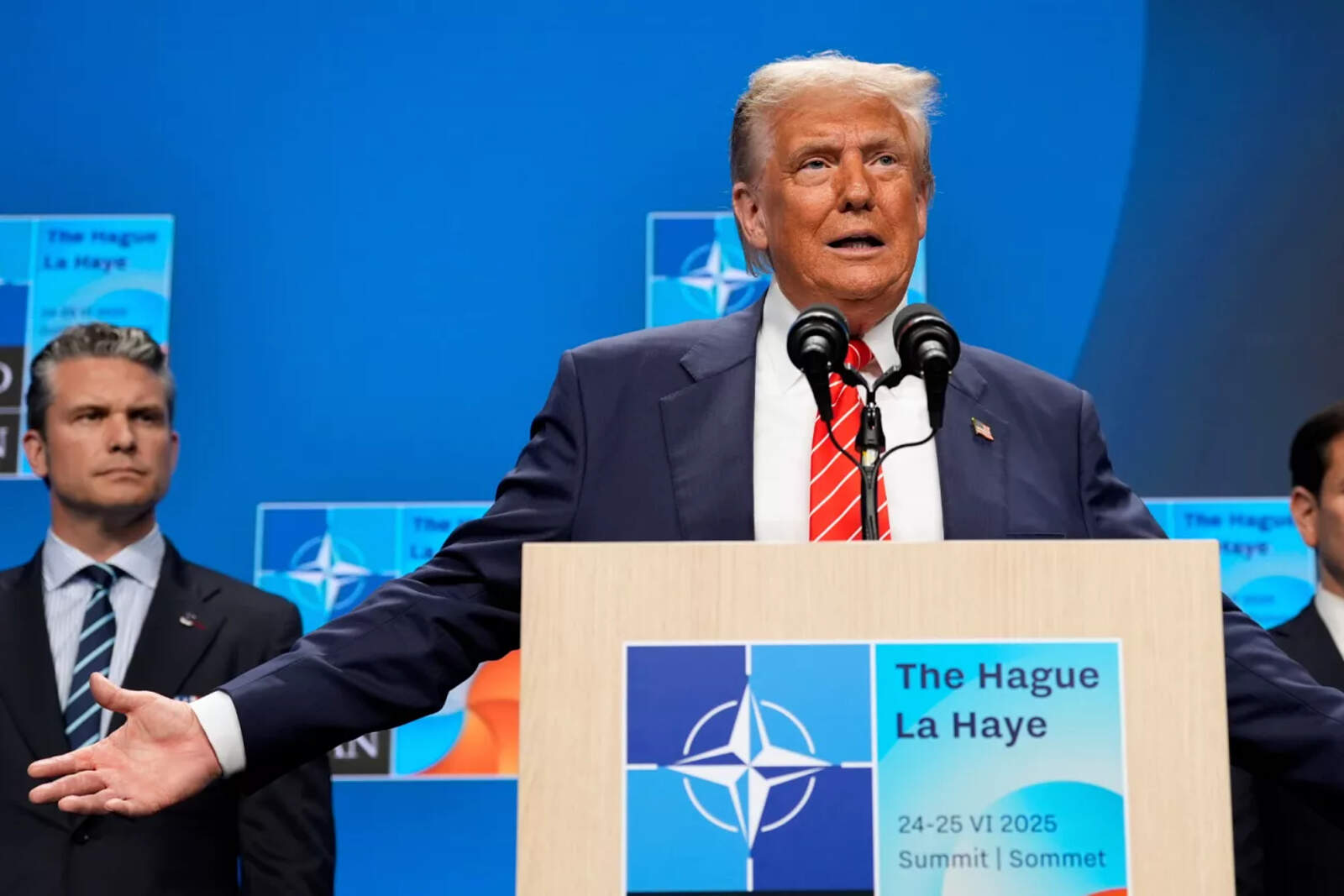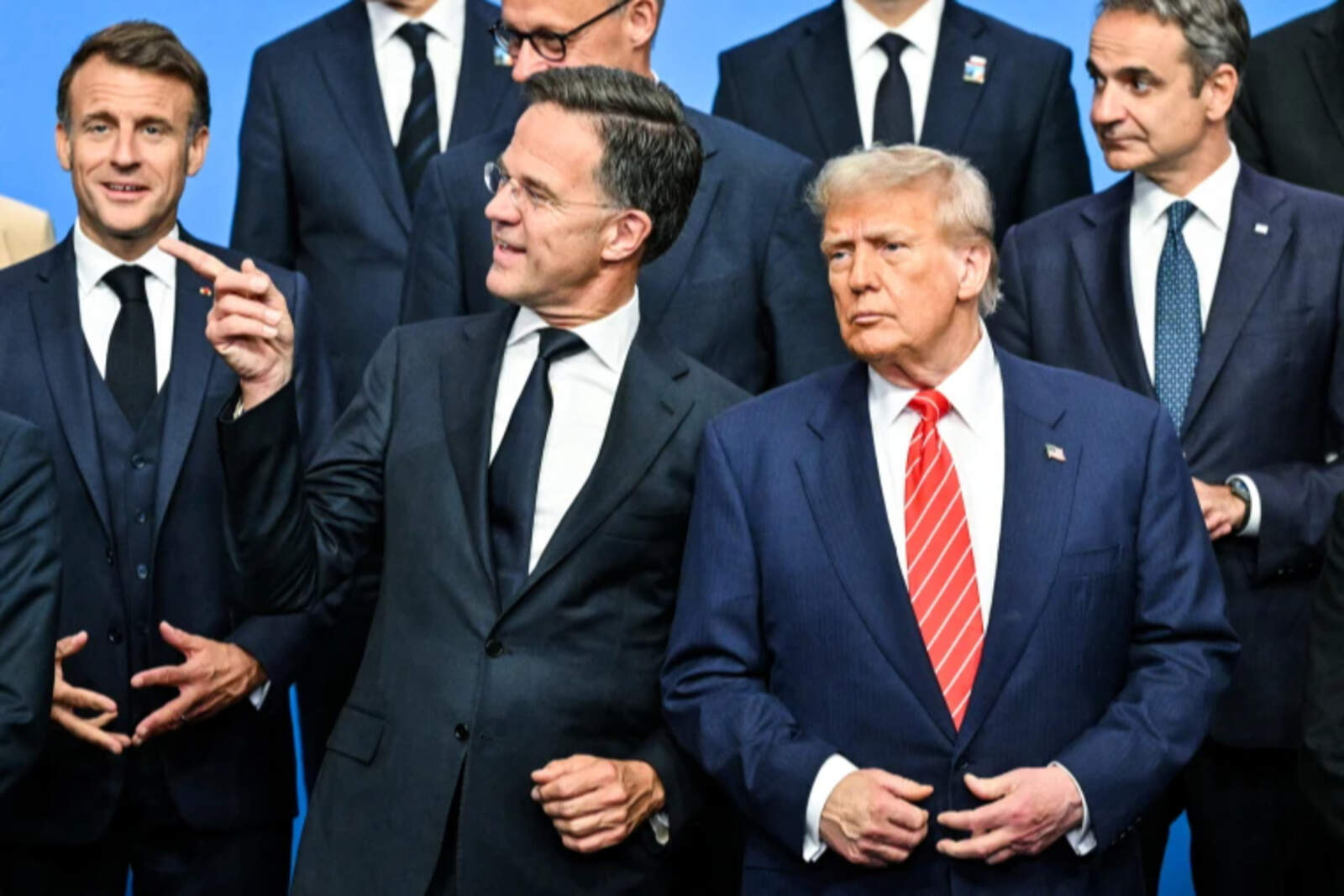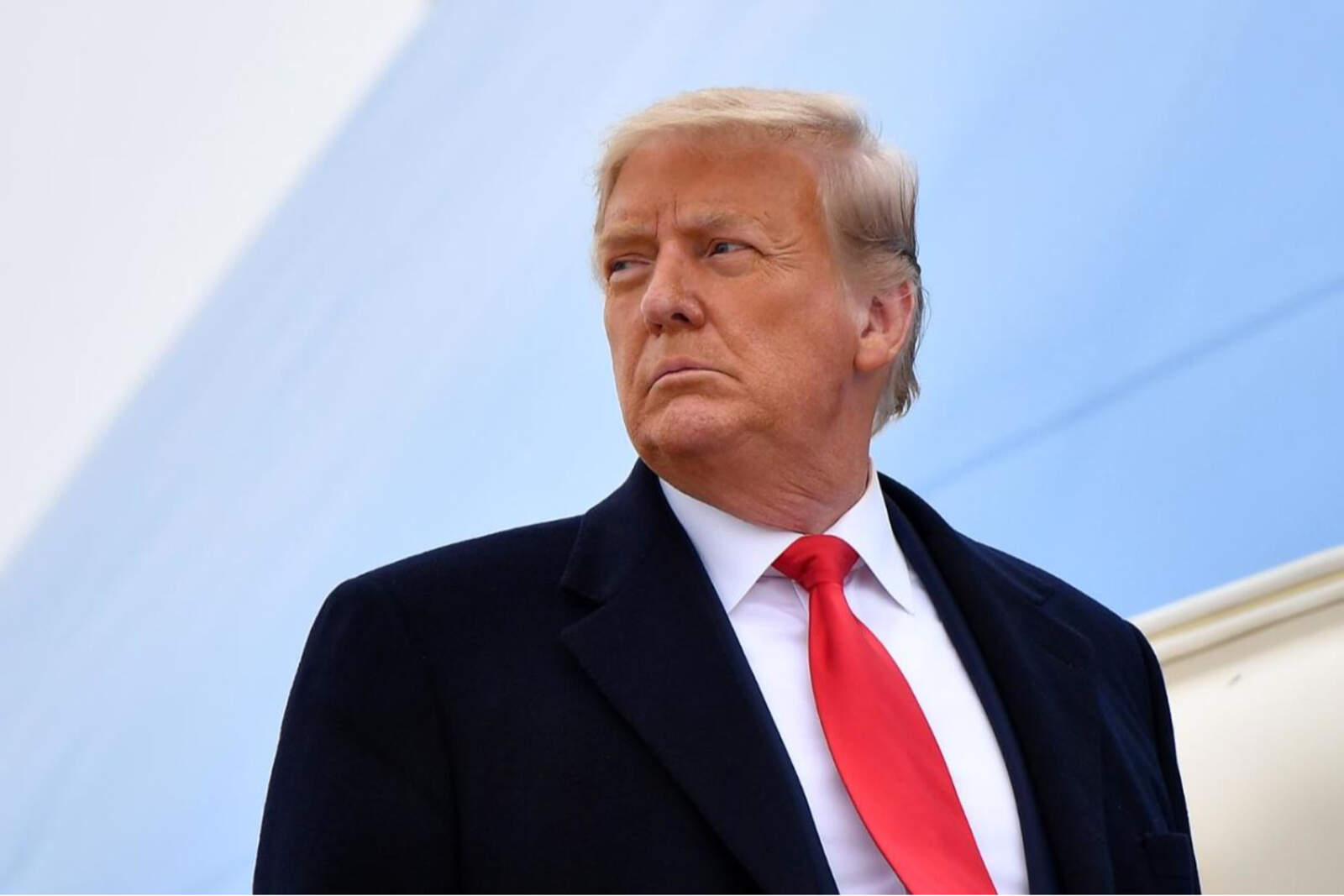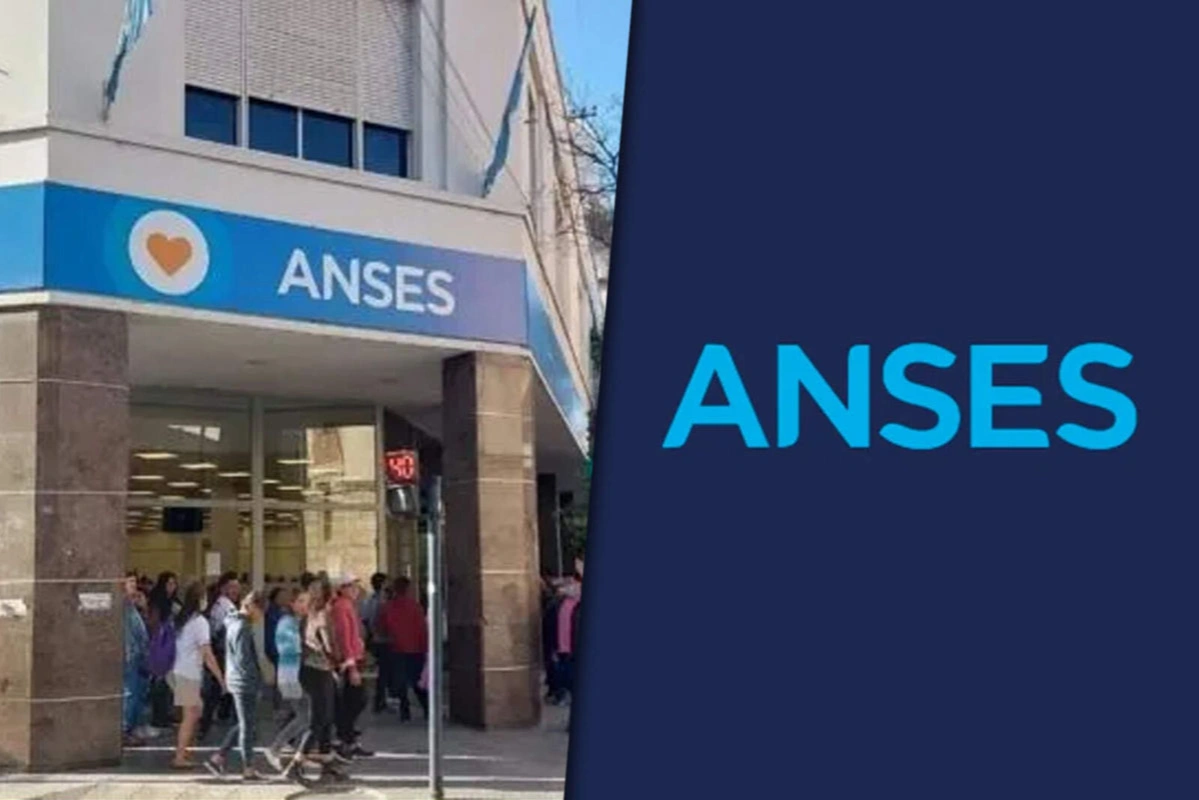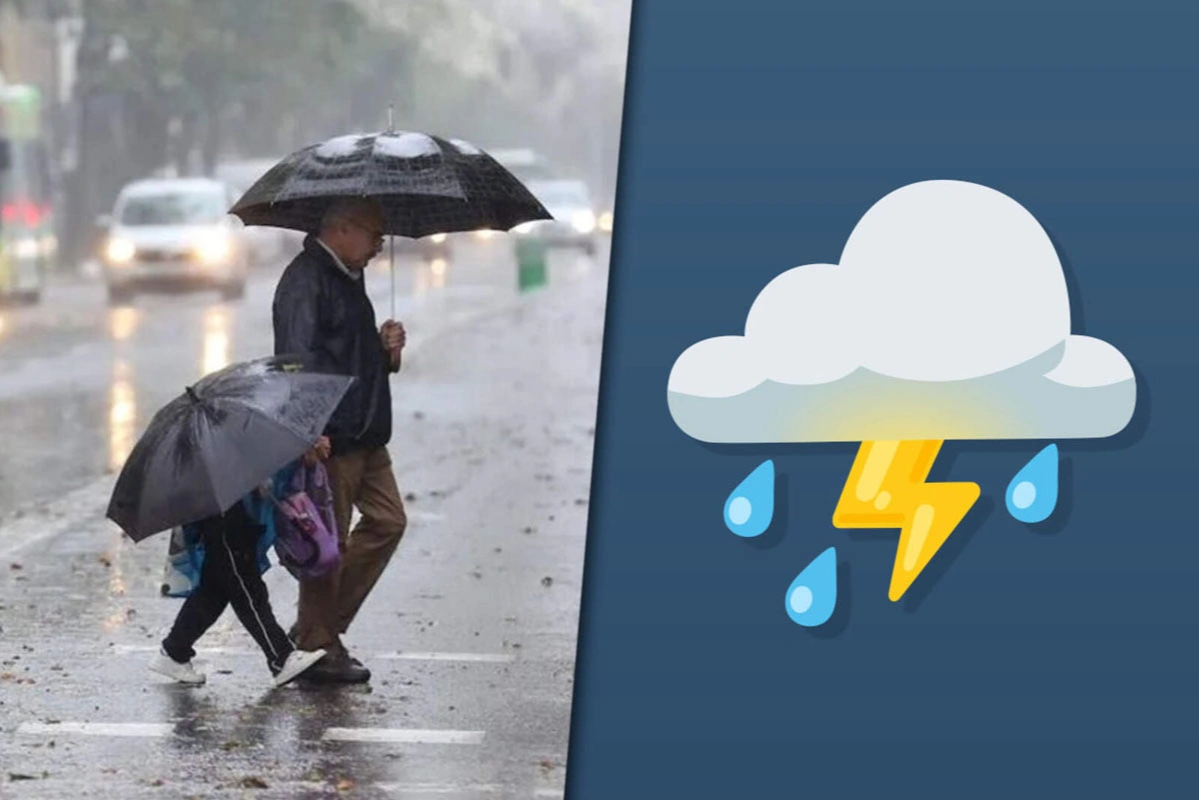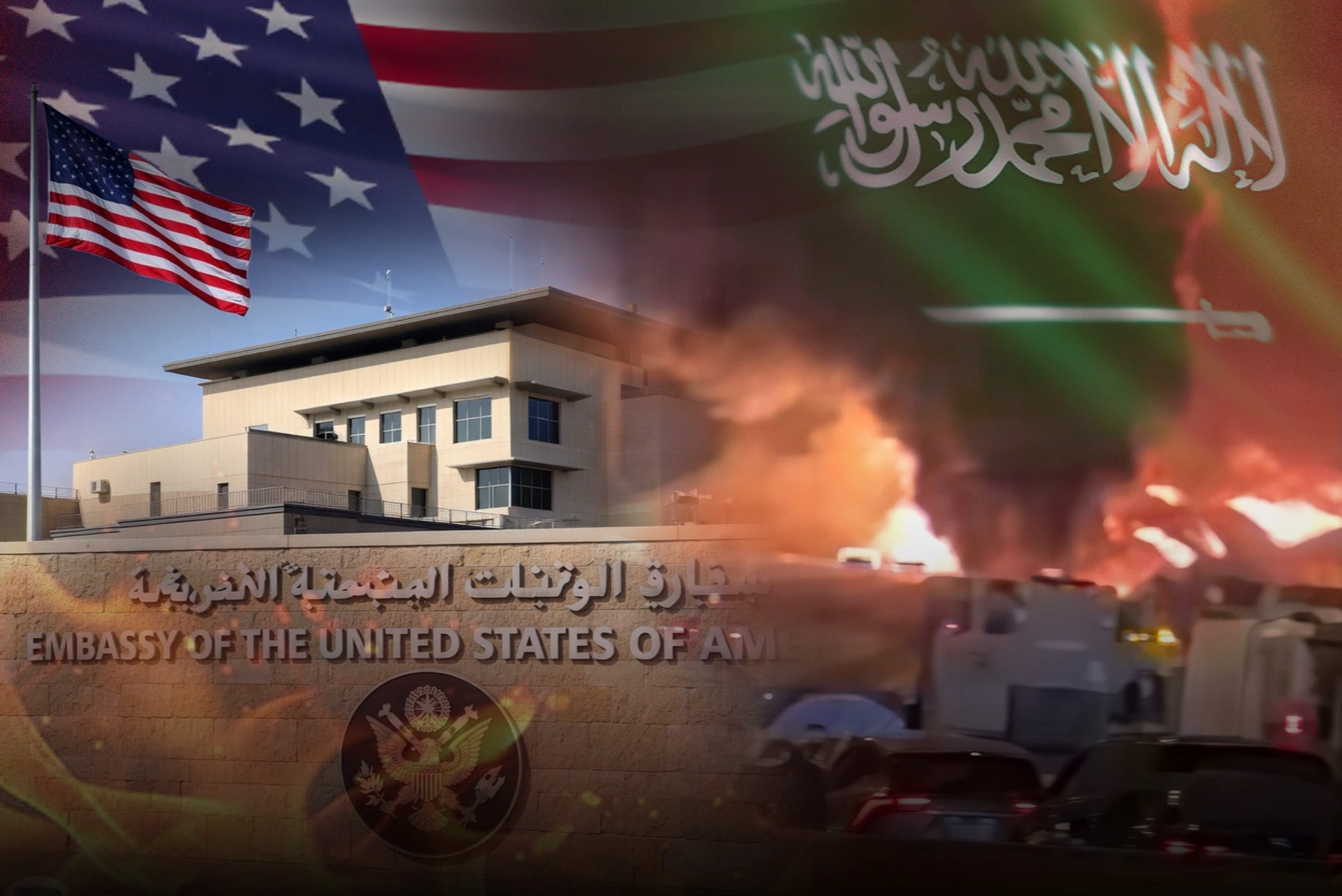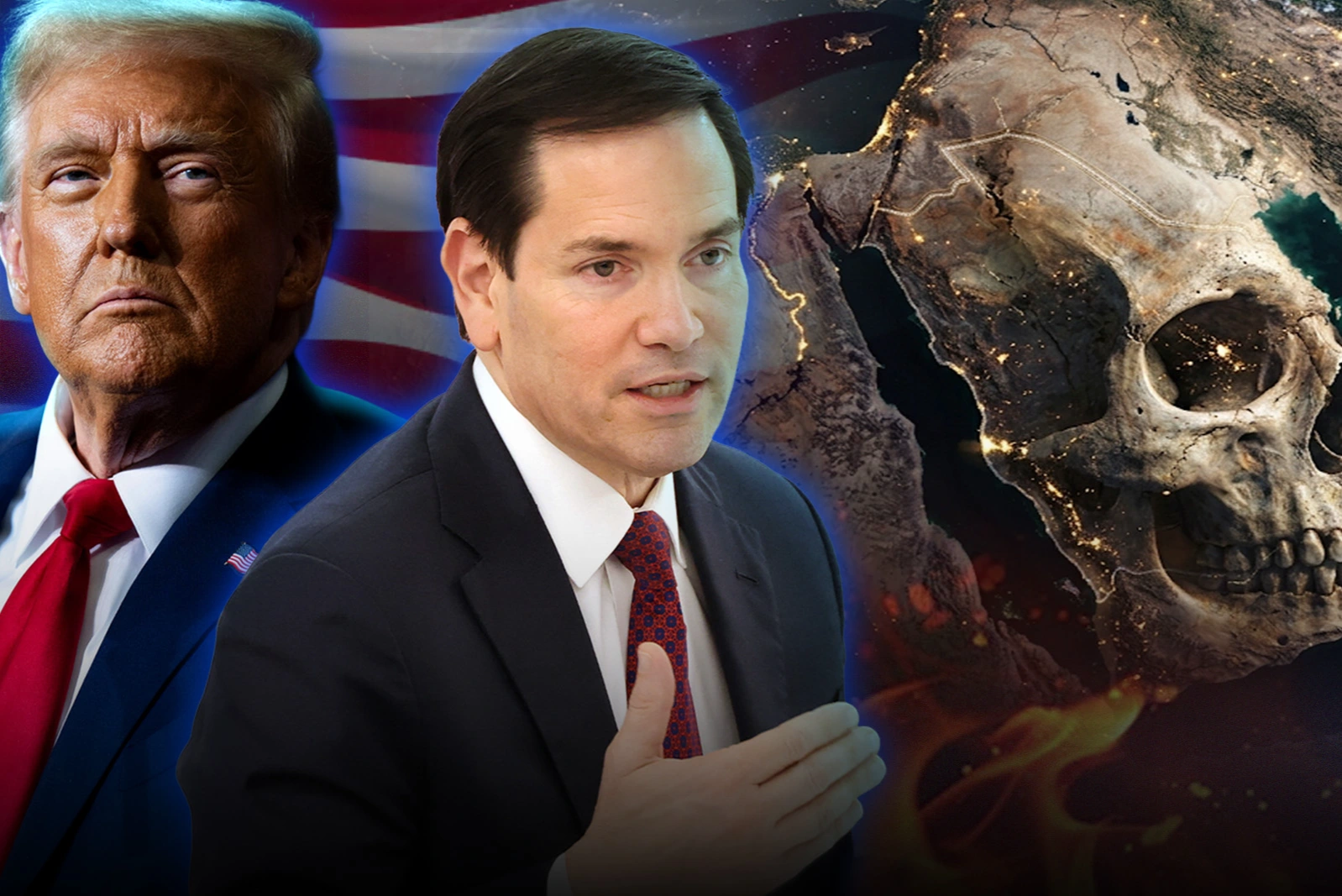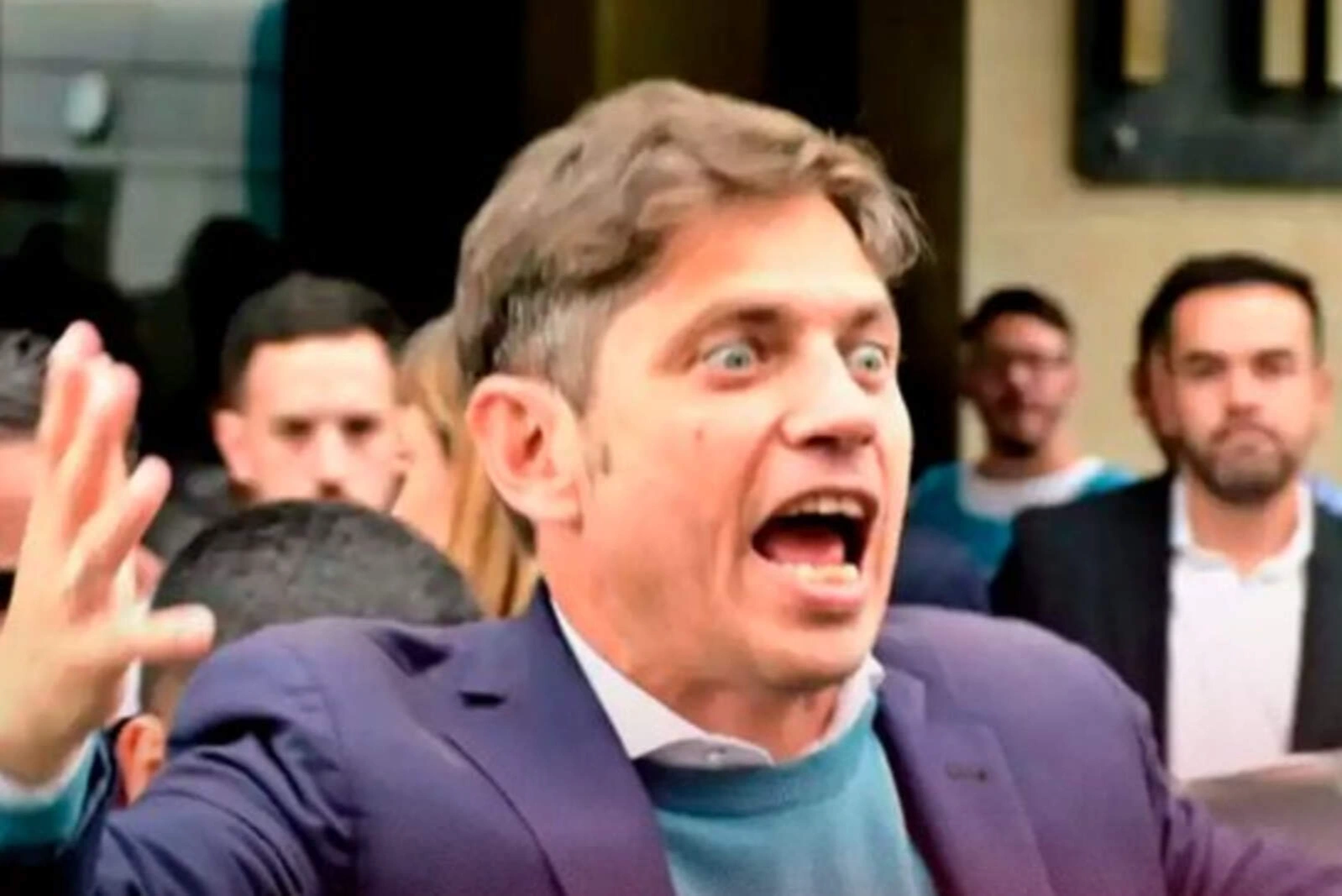During a press conference on Wednesday, President Donald Trump lashed out at Spain for refusing to comply with the new defense spending target of 5% of GDP agreed upon by NATO.
Trump described the Spanish stance as "terrible" and announced trade reprisals: "We're going to make them pay double in trade," he stated, accusing Spain of wanting a "free ride." He also warned that the country could suffer economically if it doesn't cooperate.
Trump explained that, in response to Spain's refusal, the United States was negotiating a tougher trade agreement as a pressure mechanism. He also indicated that he would speak directly with the communist president of the Spanish government, Pedro Sánchez, to convince him to comply with the new threshold.
Spain's stance has caused strong internal tensions within the alliance, to the point of being described as the main obstacle to unity at a crucial moment following the Russian invasion of Ukraine.
The new spending target agreed by NATO includes an increase to 3.5% of GDP for basic military defense (troops, weaponry) and 1.5% for related areas such as cybersecurity or critical infrastructure, for a total of 5%. Although the goal must be reached by 2035, with a review in 2029, it represents a considerable increase compared to the previous 2% target.
Sánchez refused to sign the commitment, arguing that the 5% spending is unmanageable for Spain without resorting to social cuts or tax increases. In 2024, Spain allocated only 1.24% of its GDP to defense, the lowest level in the entire alliance.
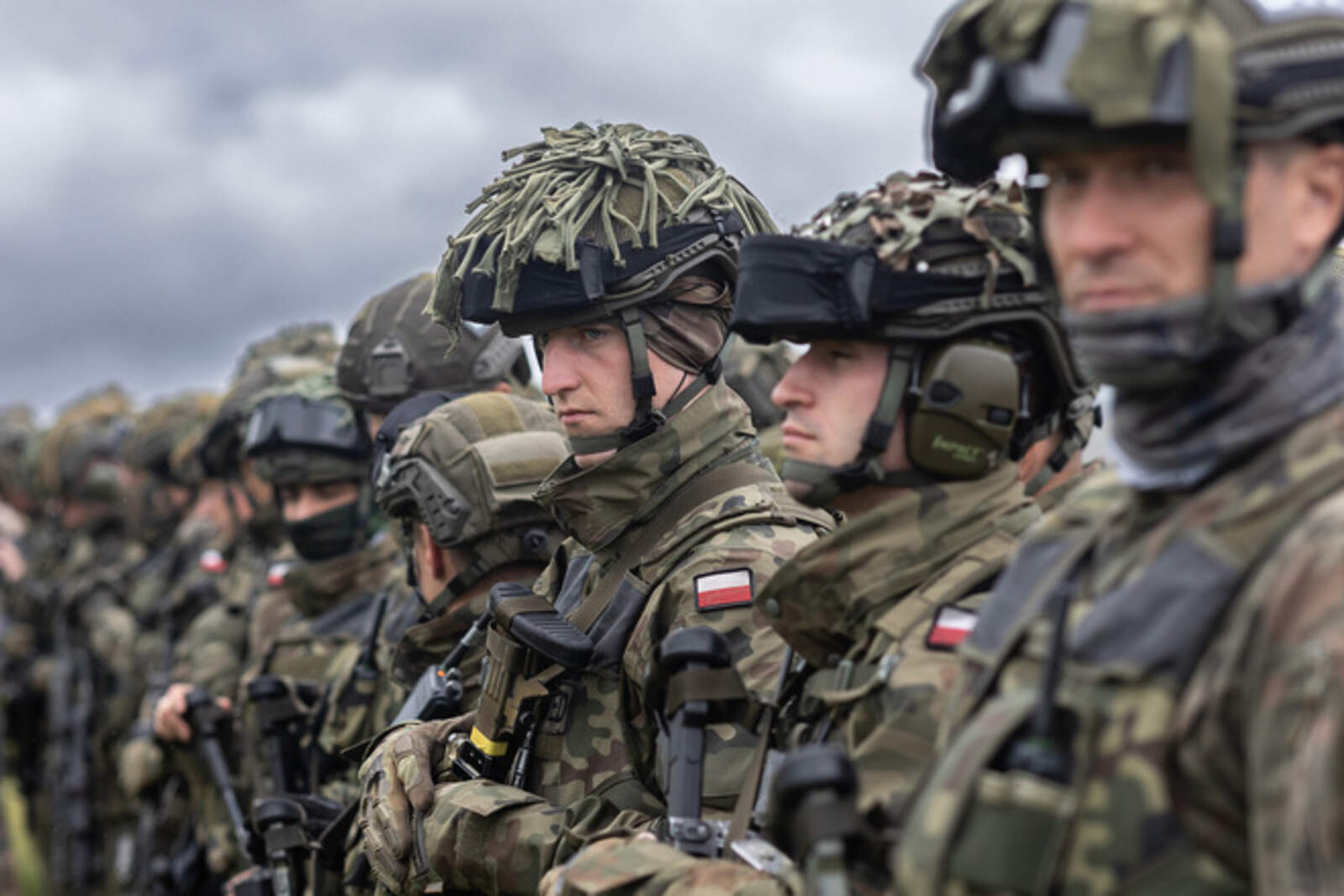
The mythomaniac communist Pedro Sánchez claimed that his country could meet NATO's military capability targets by spending only 2.1% of GDP, although allied diplomats expressed doubts about the feasibility of that claim.
The Spanish disagreement forced a modification in the language of the final communiqué of the meeting in The Hague, changing from "we commit" to "the allies commit," which allowed Spain to interpret that the target is not binding for all members.

